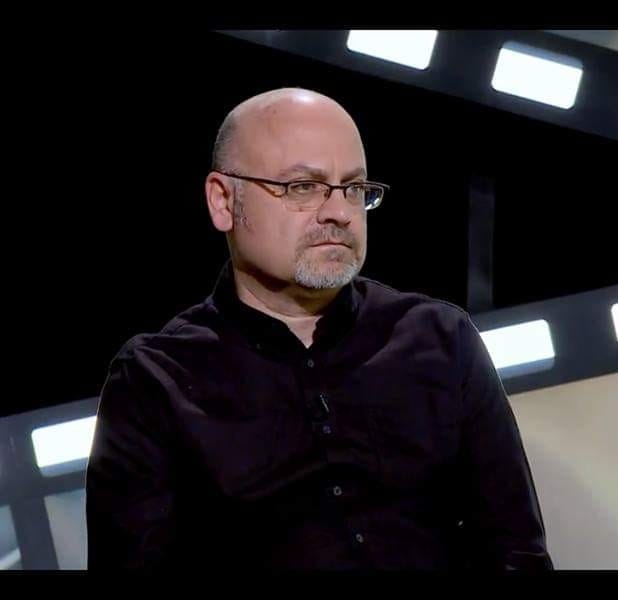Aghasi Tadevosyan: The Role of Civil Society Organizations: Problems and Challenges
Aghasi Tadevosyan: The Role of Civil Society Organizations: Problems and Challenges

This article was written in the framework of Caucasus Research Resource Center-Armenia (CRRC-Armenia) and CSO Partnership for Effective Development’s (CPDE) project “2021 National Campaigns on Shrinking Civic Spaces”.
Aghasi Tadevosyan is a social anthropologist. He is Leading Researcher at the Institute of Archaeology and Ethnography of National Academy of Sciencies RA and a lecturer at the Departments of Cultural Studies, Archaeology in Yerevan State University. His research areas are the present social and cultural issues. He is the author of several monographs and over 100 scientific articles published in Armenian, English, German, Greek and Russian languages.
The Role of Civil Society Organizations: Problems and Challenges.
After Velvet Revolution in 2018 representatives of civil society organizations were also involved in the new team of the Government (Andreasyan et al 2018. 92; Zolyan 2020. 51). For this and for many reasons the space between the Government and the society was strictly shrinked (Christofer and Paturyan 2021). The cooperation of the citizens with different Governmental bodies has become easier at present. According to the Caucasus Barometer data the trust towards the Government in 2019 has increased to 71% in comparison with the 20% in 2017, as to the level of distrust it decreased from 59% to 12% (TRUEXEC: Trust towards Executive government, 2019). But with this all, there are significant problems related to the spheres, such as governmental transparency, public awareness, feedback, public participation in policy development and implementation. Moreover, as compared to 2019, participation decrease is noted in 2021 (CSO meter 2021. 25). According to some studies it is significant that after 2019 some shrinking for the civic space was noted (Grigoryan A. and H. Manasyan. 2021). One of the problematic phenomena is the dissemination of discourse and perception of civil society organizations (CSOs) as if they are imported and are of antinational occurrence. After the war several structures generalized and enhanced this discourse. There was even an attempt to relate the fact that we lost in the war because of the CSOs, as if democracy had weakened Armenia’s confrontation (Misinformation in Armenia 2021, 32-36). For this and for many other reasons a significant increase of distrust towards CSOs is eminent among the population which is accompanied by decrease in trust. For instance, if according to the Caucasus Barometer there was a significant increase from 18% to 26% in trust in 2019, then recently it has significantly decreased. In 2021 as compared to 2019 the distrust towards CSOs has increased from 25% to 38%. Such decrease of societal trust can hinder the society participation in policy development and decision making. Decrease in distrust can also become one of the negative factors of shrinking civil society space.
The full article is available HERE.